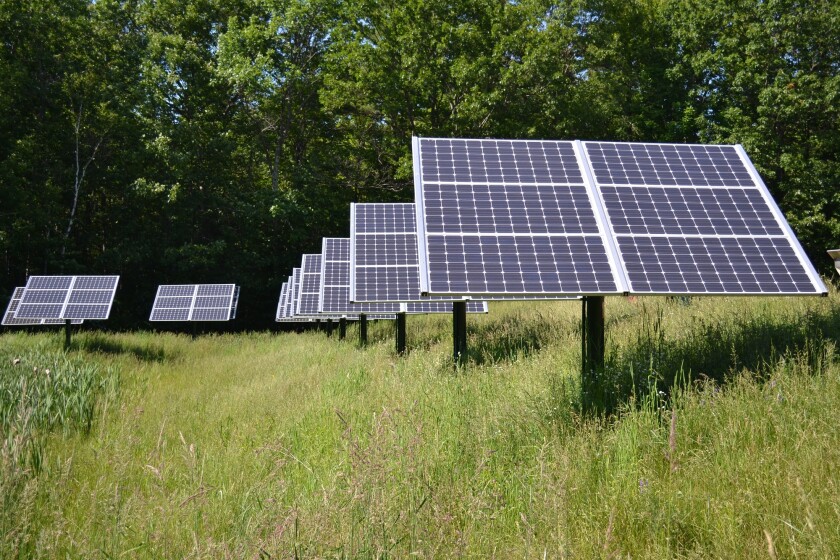The TSG Budget 2023 papers were published on August 10 2022. The TSG is a government think tank chaired by the Department of Finance and the published papers cover everything from income tax to EU developments to climate change.
Various groups, including Deloitte, have called for several tax measures to promote private investment in renewable energy – be it through funding or technological advancements.
Whilst the TSG Budget papers on ‘Climate Action and Tax’ reflect the operation of various excise duties, carbon tax measures and fuel related provisions there has been little in the way of recommendations to government when it comes to the stimulation many people are calling for to aid Ireland in meeting its 2030 climate goals, and indeed reduce Ireland’s reliance on foreign gas and oil to meet Ireland’s energy demands.
What can Budget 2023 contain to address this?
Corporate tax relief
Irish legislation previously provided corporate tax relief for equity investment in companies involved in renewable energy generation. This relief was introduced in Finance Act 1998 but was withdrawn in 2014. The relief was given in the form of a deduction from a company’s profits for its direct investment in new ordinary shares in a qualifying renewable energy company.
Coupled with the participation exemption regime Ireland operates on the sale of qualifying shares, such an additional relief will provide real-time benefits for companies who help fledgling renewable energy companies who are crying out for investment to realise their pipeline of renewable energy projects.
Promoting investment
Speaking of the participation exemption regime, Ireland is not in line with the UK when it comes to promoting investment in renewable energy companies, and this must be changed.
The sale of shares in a project company hosting an early-stage renewable project may not be in a position to claim the participation exemption as in Irish Revenue’s view the company may not be considered trading (broadly, that the project company should be trading is one of the conditions required for the participation exemption to apply). Revenue practice is to view trading as commencing when the project company commences producing electricity.
The participation exemption should be extended to the sale of companies that host early-stage development projects, i.e. that trading activities include activities for the purposes of a trade that a company is preparing to carry on. This will allow Ireland to be competitive when it comes to a jurisdiction for investors to deploy their capital when considering their green investment agendas.
Innovation hub
As Ireland expands its onshore wind, offshore wind (both fixed and floating), solar and biofuel industries, there is likely to be significant investment in research, development and innovation. With the proper incentives, Ireland could become an innovation hub for renewable energy. The R&D regime should be reviewed to ensure that it is first in class.
Incentivisation
Spending on green low consumption technology and buildings with recognised accreditation should be incentivised by way of super deductions or accelerated capital allowances.
The TSG Budget papers are simply a list of options and issues to be considered in the budgetary process and not binding on government decisions, however, it is disappointing that the incentivisation of private investment in renewable energy businesses and technologies are not to the forefront of the group’s recommendations to government.
If Ireland is to meet its climate goals, and also tap in to its expertise in technological advancement, it is important that the government take steps to kick-start investment.












